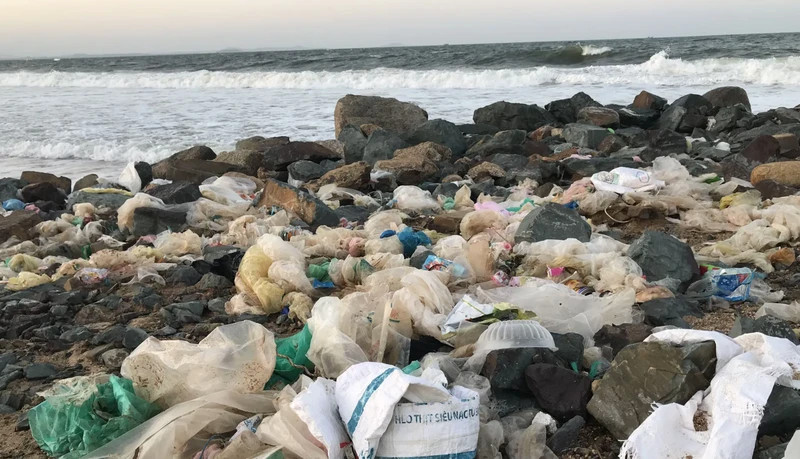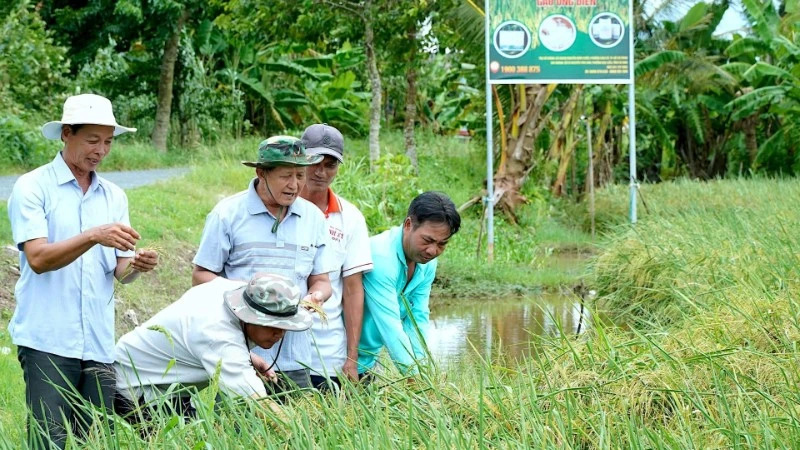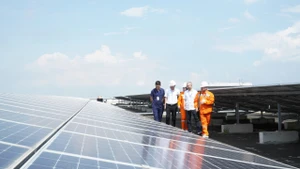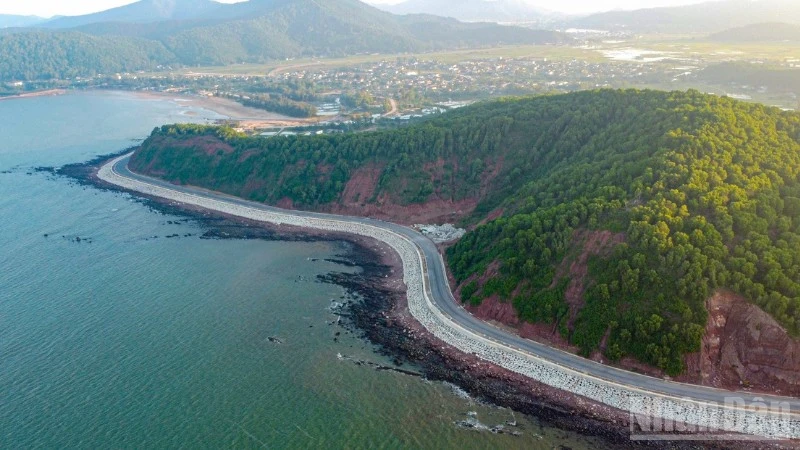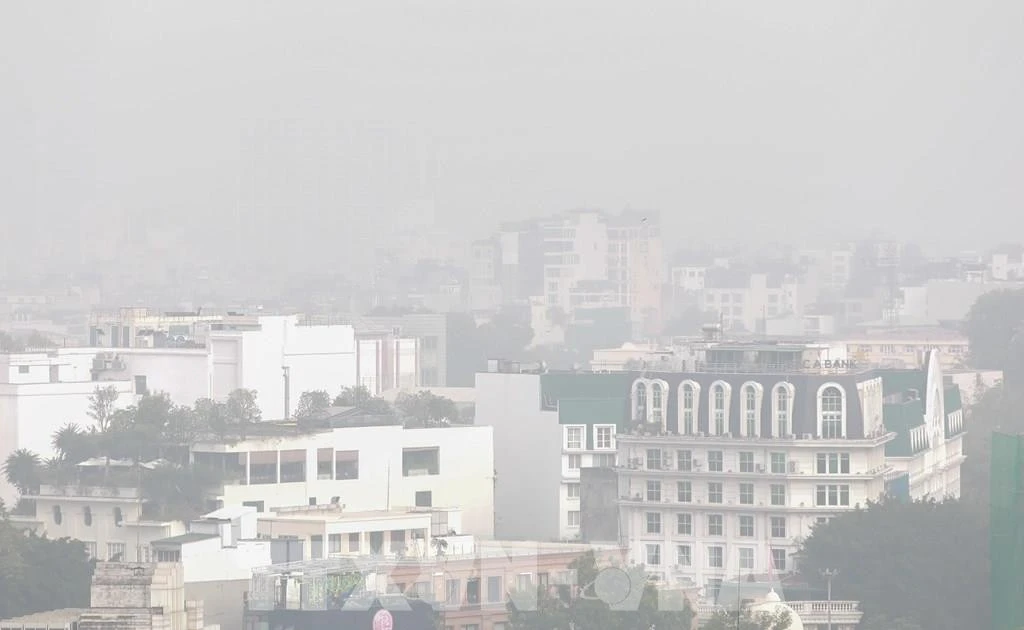Vietnam has achieved encouraging achievements during the process of implementing Resolution No. 09-NQ/TW dated February 9, 2007, on Vietnam’s Marine Strategy to 2020 and Resolution No. 36-NQ/TW dated October 22, 2018, on the Strategy for Vietnam’s Marine Economic Sustainable Development to 2030, with a vision to 2045. Awareness of the position and role of sea and islands in socio-economic development and protection of national sovereignty has been enhanced. Meanwhile, national sovereignty and security at sea are maintained, and much attention has been paid to improving infrastructure systems in coastal and island areas.
However, in recent times, under the pressure of socio-economic development and many different causes, Vietnam’s marine environment has faced a series of problems, such as the degradation of marine and coastal landscapes and ecosystems; environmental pollution along the coast; marine environmental incidents; conflicts in exploitation and use of resources and marine space between relevant sectors and parties. In addition, domestic solid waste in coastal areas of Vietnam is increasing from socio-economic activities, such as industrial waste, agricultural production, infrastructure construction, tourism, daily life, and the health sector, causing widespread pollution in coastal areas.
Due to marine environmental pollution, coastal ecosystems are degraded, especially coral reef ecosystems, mangrove forests, and seagrass beds. Over the past 15 years, about 15% to 20% of coral reef areas have been lost, concentrating mainly in populated areas, such as Ha Long Bay and coastal provinces and cities in the Central region. The decrease in area and damage to many coral reefs have reduced biodiversity and quality of the marine environment, destroying the livelihoods of coastal communities and causing significant loss to the marine tourism and fisheries industries.
Ministries, sectors and local authorities need to disseminate information on the Party’s guidelines, State policies and international laws on seas and islands, to gradually reduce the impact of marine environmental pollution on socio-economic development, and to respond to the Vietnam Sea and Islands Week (from June 1 to 8), with the theme “Sustainably management and use of marine space” and the World Ocean Day 2024 (June 8). Communication should also be promoted on Vietnam’s legal and legitimate rights and interests at sea; the role and importance of seas, islands and oceans, especially marine resources and environment; and sustainable socio-economic development associated with environmental protection and marine conservation.
Related sectors and localities must further improve the management, exploitation, and use of marine and island resources; protect, maintain and restore marine, coastal and island biodiversity; and boost the safe, sustainable and legal exploitation and fishing aligned with environmental protection.
In the long term, Vietnam should continue to complete policies and laws to create a synchronous and unified legal corridor for marine environmental management. It is necessary to swiftly promulgate the national marine space planning for 2030, with a vision to 2050, because this is an important tool to concretise the “National Master Plan”, and create a basis for managing exploitation activities, environmental protection, and preservation of marine ecosystems.
On the other hand, we must ensure enough human and financial resources to properly implement international treaties on the marine environment, which Vietnam has committed to. It is also advisable to build projects of medium to large scale with influence on marine environmental management policies, which can solve related problems.
